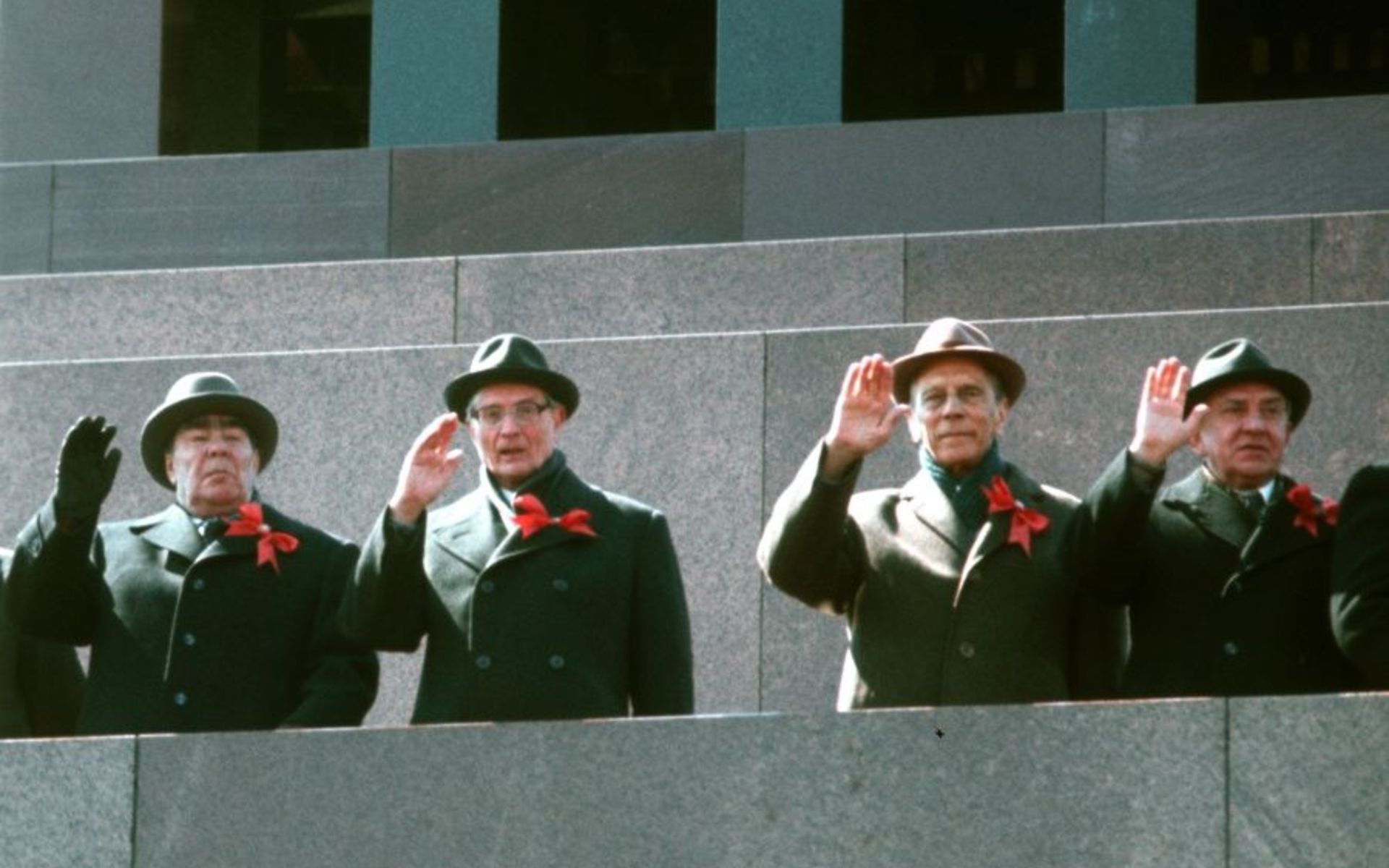The Belarusian leadership restrains economic reforms and disregards requests for political reforms from some executives
 The situation got worse
The situation got worse

Reformists in the government and the National Bank are somewhat disappointed with the pace and prospects for economic reforms in Belarus in the coming years. Hence, they are less willing to put pressure on the country’s top leadership and most ambitious of them leave the public sector. Simultaneously, the president disregards consistent attempts of some officials to bring back the issues of transforming the electoral system and strengthening the role of parties in the political system.
Supporters of market reforms in the government and the National Bank have not convinced the president that rapid and extensive economic reforms were necessary. Simultaneously, amid some economic recovery and the world market situation, Belarus’ interest in the new IMF programme has reduced. The conservative approach of the country’s top leadership has caused frustration among reformists in the government and put the likelihood of reforms in the medium term into question. Hence, positions of liberals from the economic bloc have weakened along with the departure of some prominent officials from key posts or the public sector (for example, former Deputy Minister of Economy and ex-adviser to the head of the National Bank Zaborovsky, and former presidential aide for economic issues Rudy).
That said, the Belarusian leadership is attempting to preserve the existing economic model and revise the social contract with the population in the meanwhile. For instance, the authorities are preparing the population for the rise in housing and communal services tariffs, and for dropping social guarantees for the unemployed (new version of the decree on social dependants).
Nevertheless, part of the ruling establishment has once again brought up the issue of strengthening parties’ role in public life and the political system. For instance, official pollsters have marked the growth in interest in political parties among the population, which should become an additional argument in informal talks with the president about the transition to a mixed electoral system. Yet the president has avoided raising this issue entirely. However, he may have to consider this issue if the pressure from civil society, political parties and the population increases and if it is included in the Belarusian-European agenda. Meanwhile, the Belarusian authorities continue to support Soviet traditions, such as the celebrations of the 100th anniversary of the October Revolution, albeit by inertia and with little enthusiasm. It is worth noting, however, that there is no unity among public officials in assessing the legacy of the Soviet era, especially Stalin’s repressions.
As expected, the emerging economic growth has reduced reformist aspirations of the Belarusian leadership. This, however, does not exclude gradual transformations in the most problematic economic sectors and further erosion of social benefits.
Subscribe to our newsletter




Situation in Belarus
Constitutional referendum: main consequences


 Video
Video
How to count the political prisoners: are the new criteria needed?


 Video
Video
Paternalism In Decline, Belarusian Euroscepticism, And The Influence Of Russia


 Video
Video












